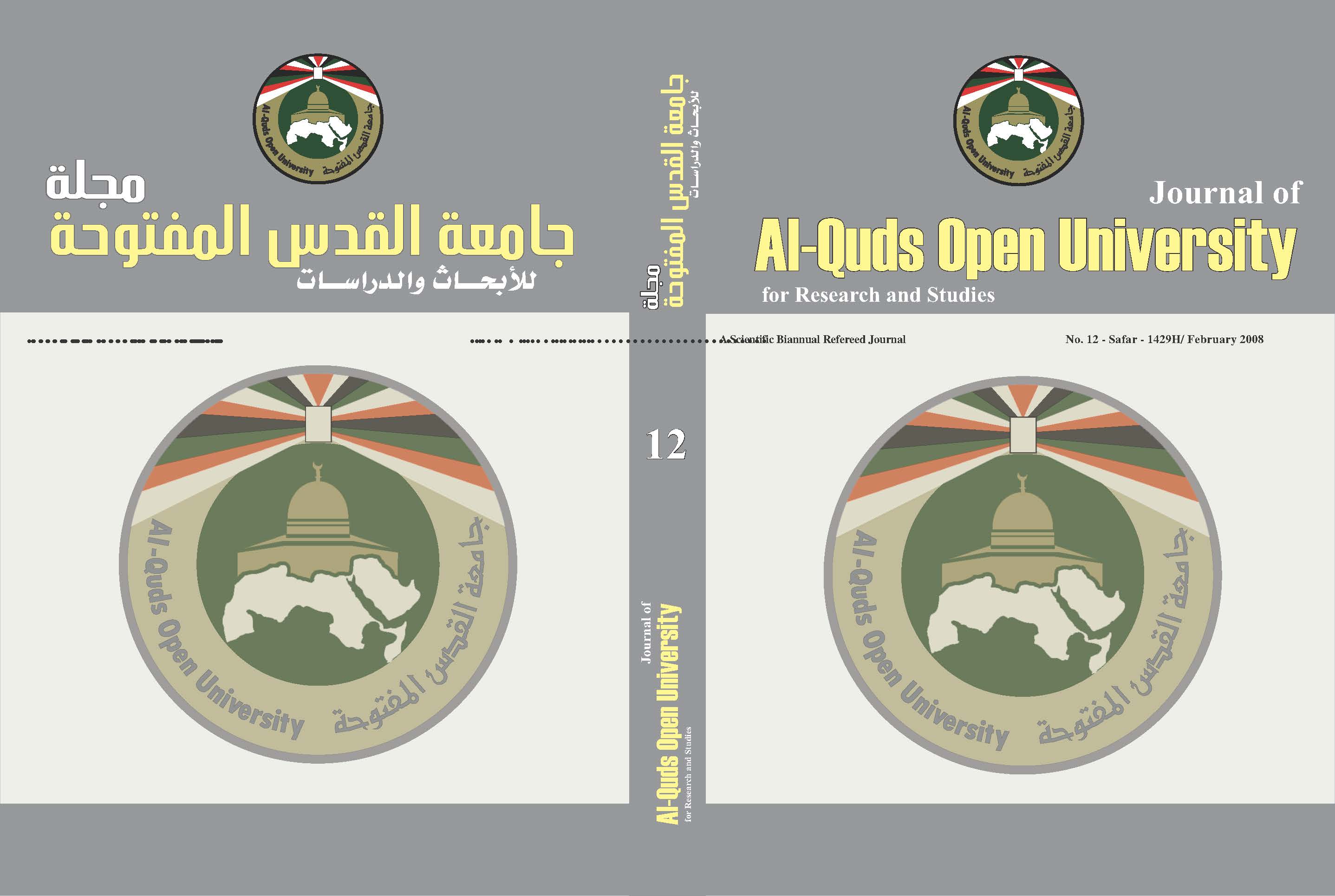Adultery in positive laws and in Islam : a comparative study
Keywords:
Adultery, positive laws, Islam, a comparative study, sharia law, ruling,Abstract
Adultery is a heinous crime. When an individual drifts into voice, his
reason and well are immobilized and he loses his dignity and humanity and
becomes a prisoner for his physical and sexual instincts, therefore, many
individuals from the non believers males and females, rich and poor, young
and old, married and unmarried participated in committing adultery.
Islam one of the most religions to fight this type of crime, even if committed
with the consent of the parties. That is why this work is a comparative
study between the rule of positive laws as Egyptian, Iraqi, Yemeni, Sudanese,
Syrian, Jordanian and Lebanese and the rules of Islamic Sharia in different
ideologies.
The study is divided into two sections. The first section addressed the
question what adultery is? This is dealt with in two sub- sections: The first
sub-sections is allocated to the definition of adultery. The second sub-section
is to indicate the similarities and differences between adultery and other acts
of indecency. The second section deals with the types of adultery in two subsections.
The first sub-section is to study the crime of adultery in conjugation
and the second sub-section deals with study of adultery with Muharrams.
At the end of the study, there are results and recommendation outlined
in the conclusion of the study.
Downloads
Published
How to Cite
Issue
Section
License
- The editorial board confirms its commitment to the intellectual property rights
- Researchers also have to commit to the intellectual property rights.
- The research copyrights and publication are owned by the Journal once the researcher is notified about the approval of the paper. The scientific materials published or approved for publishing in the Journal should not be republished unless a written acknowledgment is obtained by the Deanship of Scientific Research.
- Research papers should not be published or republished unless a written acknowledgement is obtained from the Deanship of Scientific Research.
- The researcher has the right to accredit the research to himself, and to place his name on all the copies, editions and volumes published.
- The author has the right to request the accreditation of the published papers to himself.













_2.png)
_.png)
_2.png)
_1.png)
_.png)

